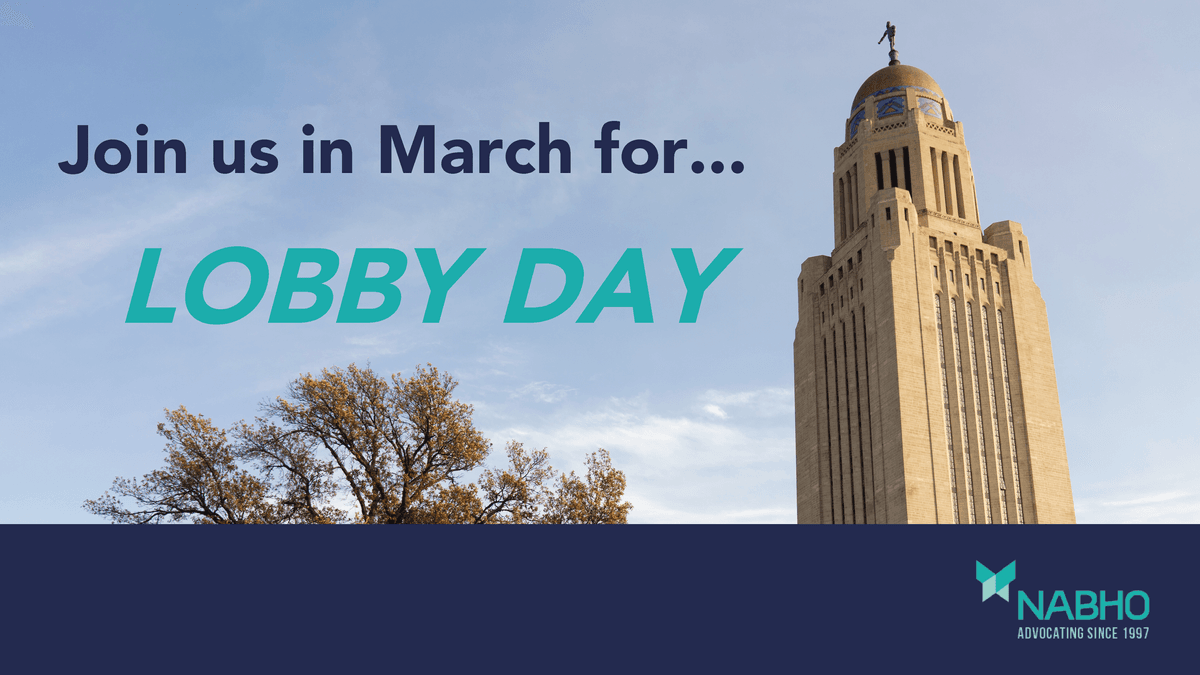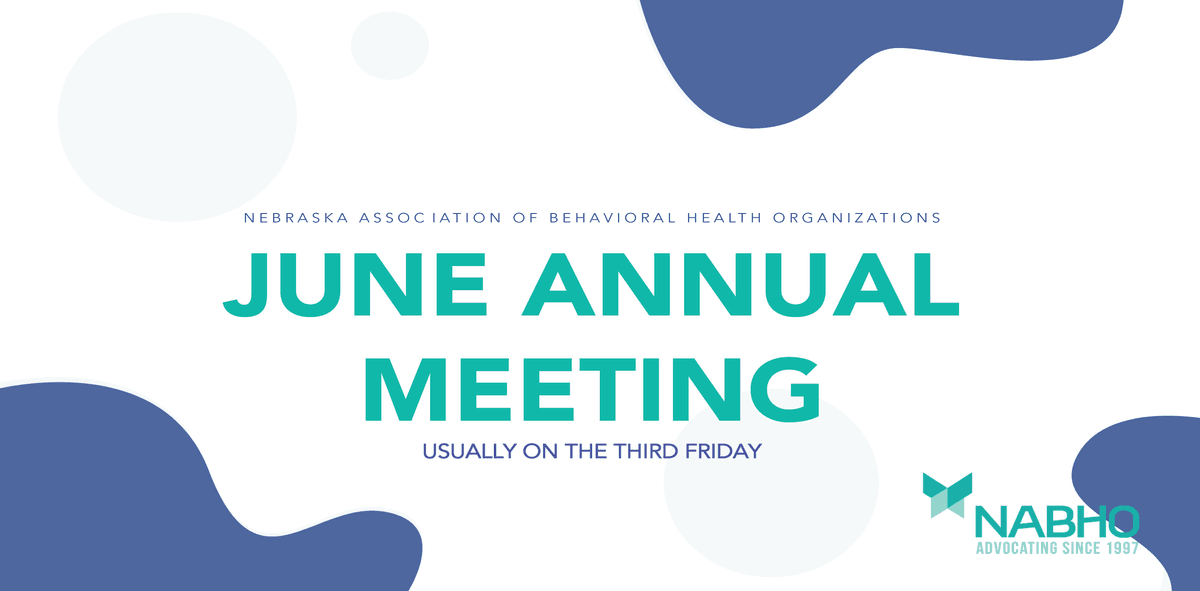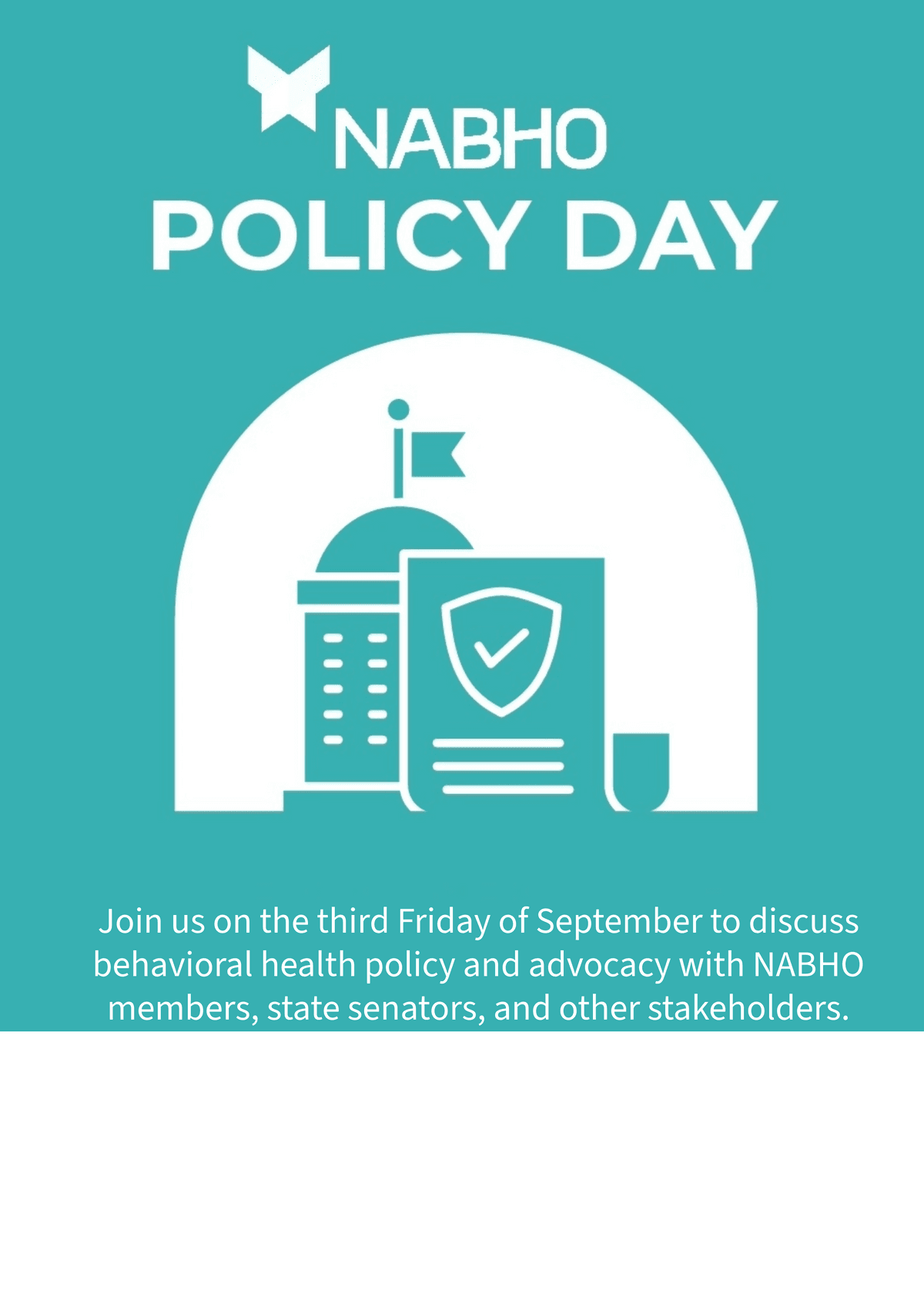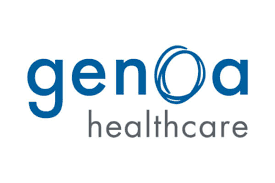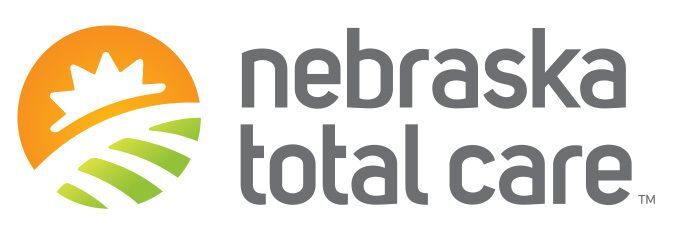Events
Just bookmark this page and check back often for the latest programs and events.
| S | M | T | W | T | F | S |
|---|
| Feb 1 | 2 | 3 | 4 | 5 | 6 | 7 |
|---|---|---|---|---|---|---|
| 8 | 9 | 10 | 11 | 12 | 13 | 14 |
|---|---|---|---|---|---|---|
| 15 | 16 | 17 | 18 | 19 | 20 | 21 |
|---|---|---|---|---|---|---|
|
8:00 am
Monthly Executive Committee Meeting
|
||||||
|
10:00 am
Monthly Membership Meeting
|
||||||
| 22 | 23 | 24 | 25 | 26 | 27 | Feb 28 |
|---|---|---|---|---|---|---|
Friday, February 20, 2026

